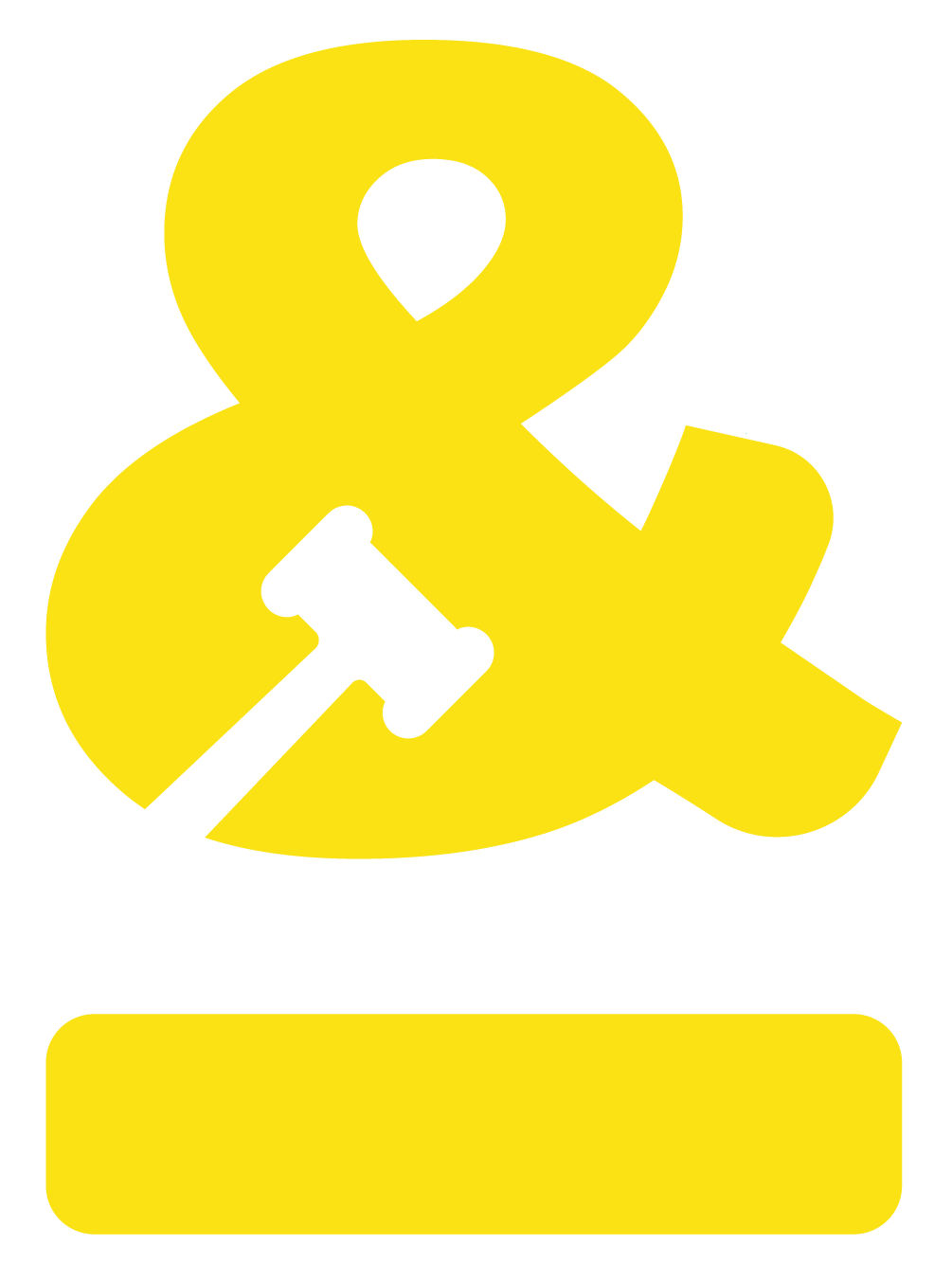What “Full Coverage” Car Insurance Really Covers
Protecting yourself, your loved ones, and others on the road is invaluable. Your collective health and wellness is the driving factor behind every aspect of your life, and shielding it from external anomalies like car accidents is essential. If you find yourself in the aftermath of an auto accident, having the proper legal support is your key to getting your medical and asset needs appropriately compensated.
What does “full coverage” really mean for car insurance?
It usually takes a motor vehicle accident to find out that a full coverage policy through various insurance companies may not be applicable coverage during injuries or car repairs. Combining that with learning the other driver does not have insurance coverage can be an absolute nightmare scenario.
"Full coverage" takes on many different meanings and can often be misunderstood and misused. If someone just asks for what is required in Florida, that would only be $10K PIP and property damage. Florida is also one of the few states where bodily injury is not required on an insurance policy. If you were the injured party in a car accident at the fault of the other person, the compensation you receive for medical bills, lost wages, pain and suffering, and more would normally come from the bodily injury coverage of the at-fault driver.
The differences between standard types of car insurance
There are so many types of car insurance with certain parameters and each policy has a completely different set of expectations, exclusions, and exceptions. And within that, different states and insurance companies have a dynamic range of parameters to follow. They also work hard to change their language to err on the side of caution. Triple-check with your insurance agent and the terminology used on your policy.
Comprehensive auto coverage
Of the many “c” words you’ll find throughout this process, one of the few common ones is comprehensive auto coverage. Comprehensive auto coverage protects you and your vehicle in the event of vandalism or after other losses incurred that are unrelated to a collision.
Collision coverage
You’ve probably heard the most buzz about collision coverage. If you find yourself in an accident, this is the coverage that will cover damages to your vehicle. If you’re making payments on your vehicle and still owe money to your bank, it is a standard requirement that you will keep the minimum limits on your policy. Collision coverage will play a huge part in getting your vehicle fixed, so even if your car is paid off, having collision coverage is a smart preventative measure.
Bodily Injury coverage
Since bodily injury coverage isn’t mandatory in the state of Florida, many people don’t bother adding it to their policy. Without carrying this coverage, if there is an accident where someone is injured or killed, your assets may be at risk. If it is determined that you are liable for an accident like the above scenario, you may even lose your ability to drive.
Medical coverages and Personal Injury Protection (PIP)
Medical coverage is one of the first things that pop into mind when determining what type of coverage your policy needs to be prepared for. Florida, a “no-fault state”, means that no matter who the at-fault party is, you will have coverage available to you for those initial medical expenses up to a certain limit. In order to trigger your PIP coverage, treatment for your injuries must be sought within 14 days of your accident.
Uninsured motorist coverage/Underinsured motorist coverage
Also referred to as UM/UIM insurance, uninsured motorist coverage insurance takes the place of the at-fault party’s bodily injury coverage, in the event that they do not carry bodily injury liability insurance or if the limits of their policy are lower than the damages sustained.
This coverage is one that usually needs to be requested and added on by the insured. Some people will automatically deny this since it’s an additional cost, but this coverage is one you will want to consider, especially in the state of Florida.
Also referred to as UM/UIM insurance, this insurance takes the place of the at-fault party’s bodily injury coverage, in the event that they do not carry bodily injury liability insurance or the limits of their policy are lower than the damages sustained. Since Florida is one of the few states that does not require drivers to carry Bodily Injury insurance, it would be extremely wise for Florida drivers to add this coverage to their policy.
Let’s say you are involved in an accident and the other person only carries $10,000.00 per person liability coverage, but your injuries have cost more than that in medical expenses. If you carry UM/UIM, you could potentially be compensated for the additional costs associated with your injuries under this coverage.
How can a lawyer help you after an auto accident?
Having legal support after an auto accident, representation is essential. A lawyer will help negotiate and determine the best route to maximize the value of your claim.
Here are several ways a lawyer can help you:
Lawyers help to prove the negligence of another driver
Potential for a quicker payout and higher settlement
Keep your case within Florida’s filing requirements
They can hold manufacturers responsible for defective auto parts
Raise issue with local government about poor infrastructure and roads
Auto accident representation with Busciglio Sheridan & Schoeb
At Busciglio Sheridan & Schoeb, we hold your well-being to the highest standard. We want what’s best for you, and we want to ensure that you receive representation tailored specifically to you and your needs. Connect with us through our website to learn more about legal representation after an auto accident.


